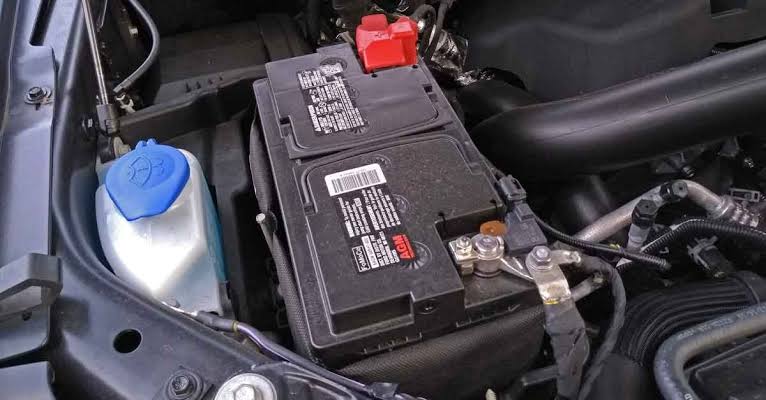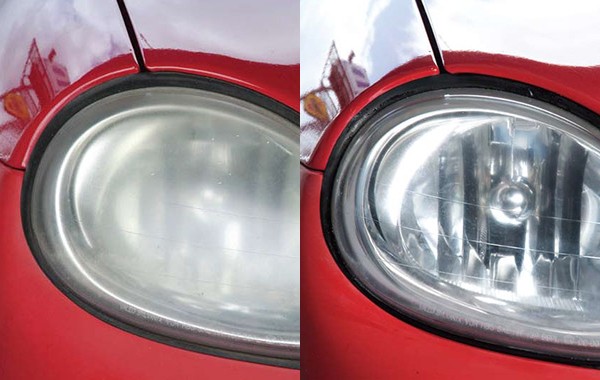Does the Size of a Car Battery Matter?

When it comes to car maintenance, choosing the right battery is crucial. A common question many car owners ask is, “Does the size of a car battery matter?” The answer is a resounding yes. The size of your car battery significantly impacts your vehicle’s performance and reliability.
In this article, we’ll explore why the size of a car battery matters, how to determine the right size, and the consequences of using an incorrectly sized battery.
Why the Size of a Car Battery Matters
1. Compatibility with Your Vehicle
Every vehicle is designed to work with a specific battery size. The physical dimensions, terminal placement, and voltage requirements of a car battery must align with your vehicle’s specifications.
2. Electrical System Performance
The battery powers your car’s electrical systems, including the ignition, lights, and accessories. Using the correct size ensures your car has enough power to function optimally.
3. Cranking Power
A battery’s size affects its cold cranking amps (CCA), which determine how well it can start your engine in cold weather. A properly sized battery provides sufficient CCA for reliable starts in all conditions.
4. Longevity
An undersized or oversized battery may strain your car’s electrical system, leading to premature wear and reducing the battery’s lifespan.
How to Determine the Right Battery Size
Choosing the correct battery size involves understanding your vehicle’s requirements. Here’s how to find the right one:
1. Check the Owner’s Manual
Your car’s manual will specify the recommended battery size, group number, and other essential details.
2. Look at the Old Battery
If you’re replacing an old battery, check its label for size information, including group number, CCA rating, and reserve capacity.
3. Battery Group Size
The group size refers to the battery’s physical dimensions, terminal placement, and type. Common group sizes include 24, 35, 48, and 65. Using the correct group size ensures a proper fit and connection.
4. Consider Climate
If you live in a region with extreme weather, you may need a battery with a higher CCA rating. Consult a professional if you’re unsure.
What Happens If You Use the Wrong Battery Size?
Using an incorrectly sized battery can lead to several problems, including:
1. Starting Issues
An undersized battery may lack the necessary power to start your car, especially in cold weather.
2. Electrical Problems
A battery that’s too small or too large can strain your car’s alternator and electrical components, causing malfunctions.
3. Reduced Battery Life
The wrong size battery may not charge properly or could discharge too quickly, leading to premature failure.
4. Fitment Issues
A battery that’s too large may not fit securely in the battery tray, while a smaller battery may shift during operation, causing damage.
Frequently Asked Questions
1. Can I use a bigger battery in my car?
Using a slightly larger battery with the same voltage and terminal placement might work, but it’s best to stick to the manufacturer’s recommendations to avoid compatibility issues.
2. What if I use a smaller battery?
A smaller battery may not provide sufficient power for your car’s electrical needs, leading to starting problems and reduced performance.
3. How do I know my battery’s group size?
Check your vehicle’s manual or look at the label on your current battery for the group size. You can also consult a battery retailer for assistance.
4. Does battery weight matter?
Battery weight often correlates with size and capacity. While weight itself isn’t a primary concern, it’s important to choose a battery that fits your car’s specifications.
5. What is reserve capacity?
Reserve capacity indicates how long a battery can provide power if the alternator fails. The right battery size will have a reserve capacity suited to your vehicle’s requirements.
Tips for Choosing the Right Car Battery
- Consult a Professional: If you’re unsure about the correct battery size, ask a mechanic or battery specialist for advice.
- Buy from Reputable Brands: Quality matters when it comes to car batteries. Choose a trusted brand for reliability.
- Consider Maintenance-Free Options: Many modern batteries are sealed and require no maintenance, making them a convenient choice.
- Check Warranty: A good warranty provides peace of mind and ensures you’re covered in case of defects.
Conclusion
Yes, the size of a car battery matters. It affects compatibility, electrical performance, starting reliability, and overall longevity. Choosing the right battery size ensures your car runs smoothly and avoids potential issues down the road.
Always refer to your car’s manual or consult a professional to determine the correct battery size. Investing in the right battery will not only improve your car’s performance but also save you from unnecessary expenses in the future.
Also Check:
• Does Battery Group Size Matter?






One Comment